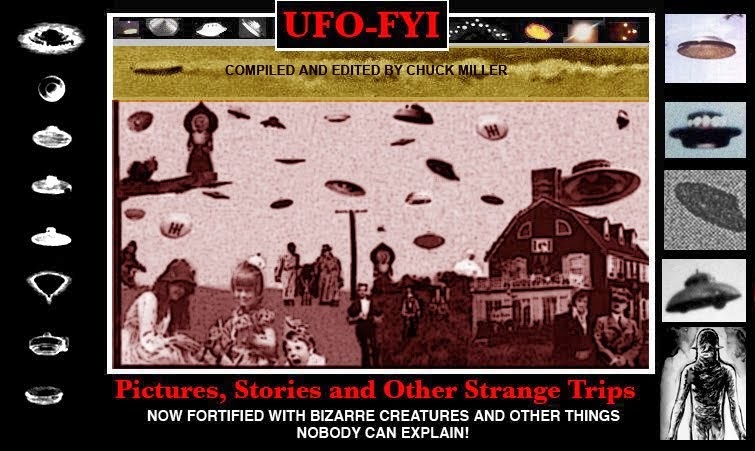
January 1981
 On the afternoon of January 8, 1981, a strange craft landed on a farm near the village of Trans-en-Provence in the Var region in southeastern France. Physical traces left on the ground were collected by the Gendarmerie within 24 hours and later analyzed in several French government laboratories. Extensive evidence of anomalous activity was detected.
On the afternoon of January 8, 1981, a strange craft landed on a farm near the village of Trans-en-Provence in the Var region in southeastern France. Physical traces left on the ground were collected by the Gendarmerie within 24 hours and later analyzed in several French government laboratories. Extensive evidence of anomalous activity was detected. The case was investigated by the Groupe d'Etudes des Phénomènes Aérospatiaux Non-identifiés (GEPAN), or Unidentified Aerospace Phenomena Study Group, established in 1977 within the National Center for Space Studies (CNES) in Toulouse, the French counterpart of NASA. (The functions of GEPAN were reorganized in 1988 into the Service d'Expertise des Phénomènes de Rentrées Atmosphériques or SEPRA). The primary investigator was Jean-Jacques Velasco, the current head of SEPRA.
The witness was the farmer Renato Nicolai, 55, on whose property the UFO landed and then took-off almost immediately. Thinking that it was a military experimental device, Nicolai notified the local gendarmes on the following day. The gendarmes interviewed Nicolai and collected soil and plant samples from the landing site within 24 hours of the occurrence, notifying GEPAN on January 12 as part of a cooperation agreement for UFO investigation between the two agencies. Further collection of samples and measurements of the site were undertaken by the GEPAN team, and the samples were thoroughly analyzed by several government laboratories.
The first detailed report on the case was published by GEPAN in 1983 in its "Technical Note No. 16, Inquiry 81/01, Analysis of a Trace." Nicolai's testimony to the police was simple and straightforward:
"My attention was drawn to a small noise, a kind of little whistling. I turned around and I saw, in the air, a ship which was just about the height of a pine tree at the edge of my property. This ship was not turning but was descending toward the ground. I only heard a slight whistling. I saw no flames, neither underneath or around the ship."While the ship was continuing to descend, I went closer to it, heading toward a little cabin. I was able to see very well above the roof. From there I saw the ship standing on the ground.
"At that moment, the ship began to emit another whistling, a constant, consistent whistling. Then it took off and once it was at the height of the trees, it took off rapidly... toward the northeast. As the ship began to lift off, I saw beneath it four openings from which neither smoke nor flames were emitting. The ship picked up a little dust when it left the ground.
"I was at that time about 30 meters [100 feet] from the landing site. I thereafter walked towards the spot and I noticed a circle about two meters [7 feet] in diameter. At certain spots on the curve of the circle, there were tracks (or traces).
"The ship was in the form of two saucers upside down, one against the other. It must have been about 1.5 meters [5 feet] high. It was the color of lead. The ship had a border or type of brace around its circumference. Underneath the brace, as it took off, I saw two kinds of round pieces which could have been landing gear or feet. There were also two circles which looked like trap doors. The two feet, or landing gear, extended about 20 centimeters [8 inches] beneath the body of the whole ship."








SOURCE: http://www.bibliotecapleyades.net/ciencia/ufo_briefingdocument/1981.htm

No comments:
Post a Comment
Note: Only a member of this blog may post a comment.